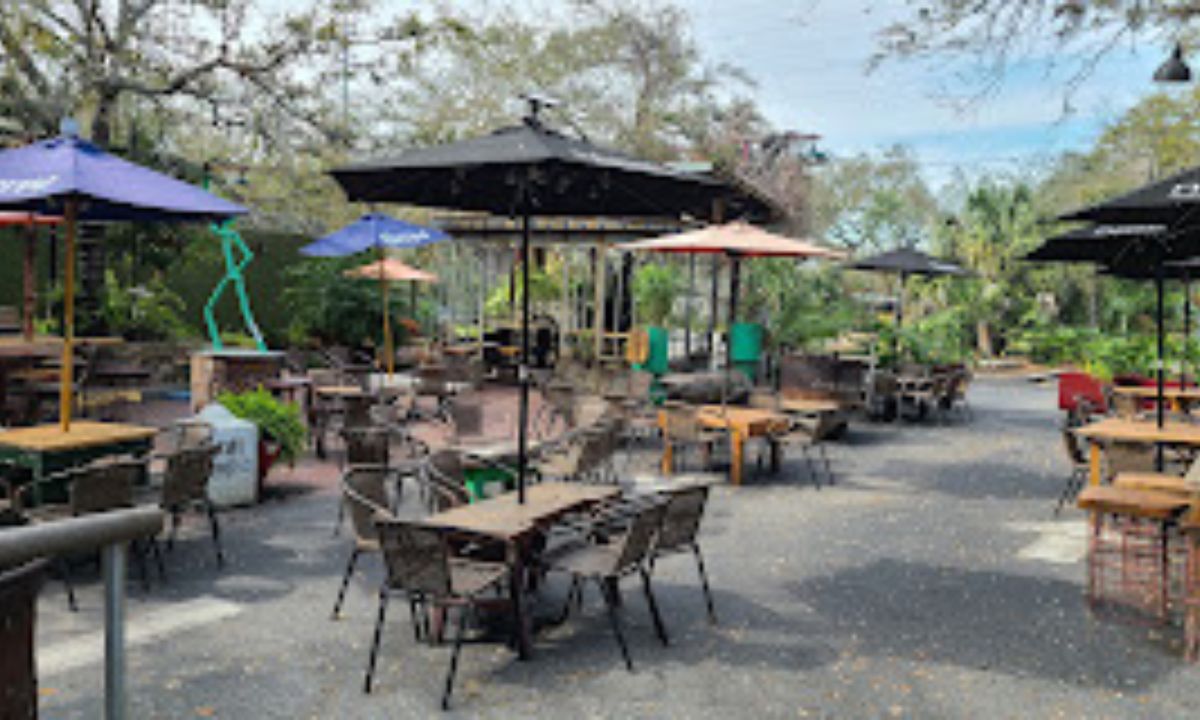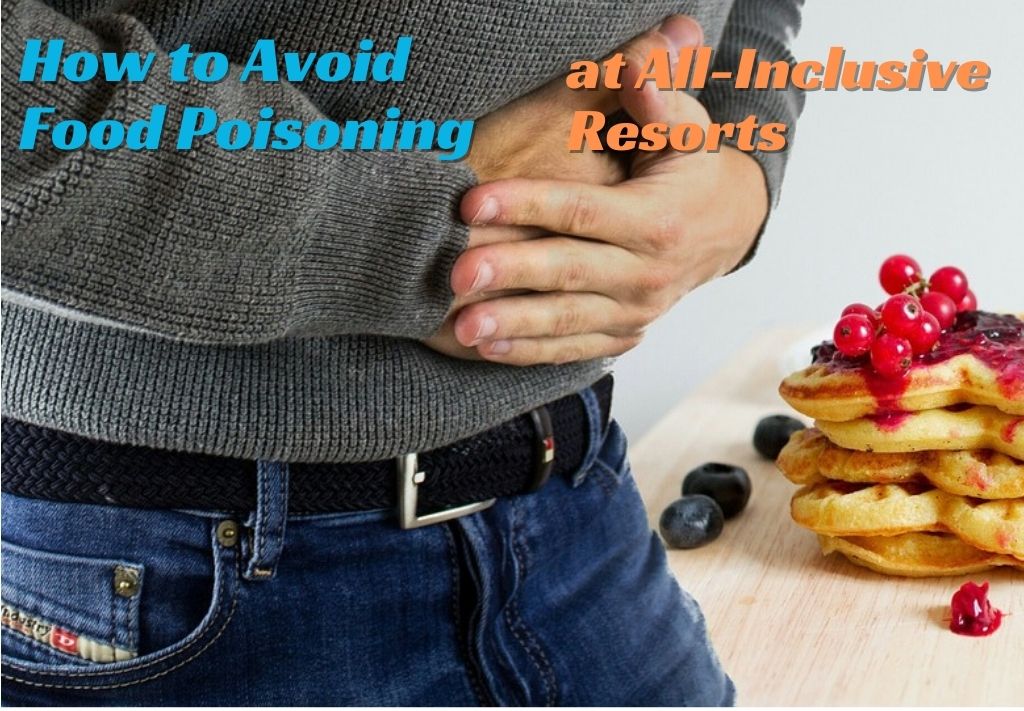Last Updated on 8 March 2025 by bestallinclusiveforfamilies.com
Introduction
Travel has many benefits like experiencing new cultures, relaxing on beaches, and sightseeing iconic landmarks. However, health and safety should be top priorities while traveling to ensure we can fully enjoy our trips. This survival guide to safe and healthy travel aims to provide all the essential information needed to travel safely and stay healthy.
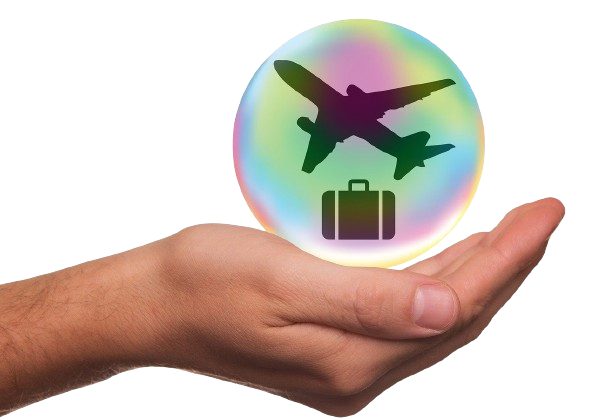
Proper planning is key when it comes to travel health. We must consider medical needs, vaccinations, insurance, and more before departing. Once abroad, following safety practices around food, water, sun exposure, insects and local conditions becomes critical. Common issues that impact travelers like digestive illnesses, respiratory infections, bites and more also require attention.
This survival guide is designed to address all aspects of travel health and safety. The first section outlines important pre-travel medical checks focusing on vaccinations, insurance, medications, and physical/mental preparation. Next, we will discuss health and safety practices while traveling such as safe drinking, sun protection, personal safety in cities and at altitude. Common travel health issues and their prevention/treatment will then be reviewed. Finally, emergency preparedness including first aid kits, accessing healthcare abroad, and evacuation coverage will be covered.
By learning about these key areas, you can be properly equipped to face any health or safety challenges that may arise during travels abroad. Let’s start our journey towards safe and healthy travels.
Pre-Travel Health Considerations
Vaccinations
When planning travel, addressing your health needs in advance is essential. One key task is understanding which vaccinations are recommended or required for your destination. Requirements vary greatly so research this early.
Ideally, start vaccinations 6-8 weeks before travel to allow the body to build immunity. Some like rabies and yellow fever may involve multiple shots over time. Be sure to ask your doctor about boosters if your previous vaccination is expiring soon. Carry your international vaccination records at all times while abroad.
Health insurance
Travel insurance is similarly important to review in advance. A good policy covers medical expenses, evacuations if needed, and lost baggage or canceled trips due to illness. Ensure your dates and locations are covered without gaps. Also, understand any exclusions like extreme activities or pre-existing conditions.
Medications
Packing medications requires forethought. Bring adequate supplies of prescription medications, plus copies of prescriptions. Also pack common over-the-counter drugs like painkillers, anti-diarrheals, antacids and first-aid items. Tablets and capsules are best as liquids may leak.
Physical Health
Being in top physical shape eases travel challenges. Gradually increase exercise before trips, especially if hiking or spending time at altitude. Consult doctors about any medical conditions and bring extra supplies if needed.
Mental Health
Overseas travel can increase stress and impact mental health. Adopt relaxation practices like yoga. If you have ongoing mental health issues, discuss your plans with your doctor or therapist. Proper preparation helps you stay healthy in body and mind.
Health and Safety During Travel
Food and Water Safety

When traveling, paying close attention to your consumption is vital for intestinal and overall health. Consider food and water safety rules for each destination. In developing areas, stick to piping-hot foods, cooked fruits/veggies and bottled beverages. Be wary of ice made with untreated water and avoid raw shellfish.
Purifying drinking water is essential for many areas. Options include chemical treatments like iodine or chlorine, ceramic/sand filters, UV lights and boiling. Know the pros/cons of each based on your needs. For example, filters are convenient but don’t kill all bacteria.
Insect Precautions
Mosquitoes and tick bites are common abroad, risking malaria, dengue, Zika, or Lyme disease. To avoid them, use an insect repellent containing DEET, picaridin or lemon eucalyptus oil. Wear long, light-colored clothing and check your body frequently, especially after traveling in the woods.
Sun Safety
Over-exposure to the sun’s UV rays markedly increases cancer risks over time. Always apply broad-spectrum sunscreen with SPF 30 or higher and reapply every 2 hours, more if swimming or sweating. Wear protective, tightly woven clothing and hats, and avoid midday sun when UV is strongest.
Safety in Major Cities and Remote Areas
Exercising safety sense regarding your whereabouts and activities is also important. In cities, be aware of your surroundings, especially at night. Carry minimal cash/cards and avoid deserted areas. Learn basic safety phrases in local languages too. In remote areas, let others know travel plans.
Here are some detailed tips for staying safe in major cities:
- Your safety is of utmost importance. Therefore, it’s crucial to always be alert and aware of your surroundings. Avoid distraction by keeping valuables hidden and using purse/bag straps across your body.
- Use caution in crowded areas where pickpocketing is common. Carry a small daypack instead of hanging purses.
- Stick to well-lit, busy streets at night and don’t take shortcuts through parks or unpopulated areas. Consider ride-shares over walking alone.
- Beware of crowded public transport during rush hours when theft is more likely to occur unseen. Keep important items secured.
- Only use registered taxis clearly labeled with number plates and be suspicious of “private” drivers offering rides. Stick to major companies like Uber if possible.
- Watch out for thieves posing as Good Samaritans trying to distract you, especially at ATMs and parking areas. Don’t accept unexpected “help” from strangers.
- Be wary of verbal scams involving fake police or officials alleging issues with IDs, tickets or payment. Under no circumstance, you should sign anything that you don’t fully understand.
- Social media check-ins revealing your exact location could attract robberies. Opt to share just location or post offline when traveling.
- Photocopy important documents and keep them separately from the originals. Learn basic self-defense techniques if possible.
- Register on local embassy websites and enable location-sharing apps when traveling solo for additional safety tracking.
The key is staying vigilant, avoiding deserted areas and saying no to unexpected situations that could compromise safety. Blending in works better than flashy displays of wealth too.
High Altitude Safety
Altitude sickness may afflict those quickly ascending over 2,500 feet. Symptoms include headaches, nausea, dizziness and fatigue. To avoid it, ascend gradually to acclimatize overnight. Drink extra water as altitude dehydrates. Descend immediately if severe symptoms arise.
Physical Activity
Conserve your energy on travels. Balance activity with rest, especially at high altitudes. Pace challenging hikes to avoid exhaustion and bring plenty of water. Staying fit and protected allows you to fully enjoy all adventures safely.
Common Travel Health Issues
Gastrointestinal Illnesses
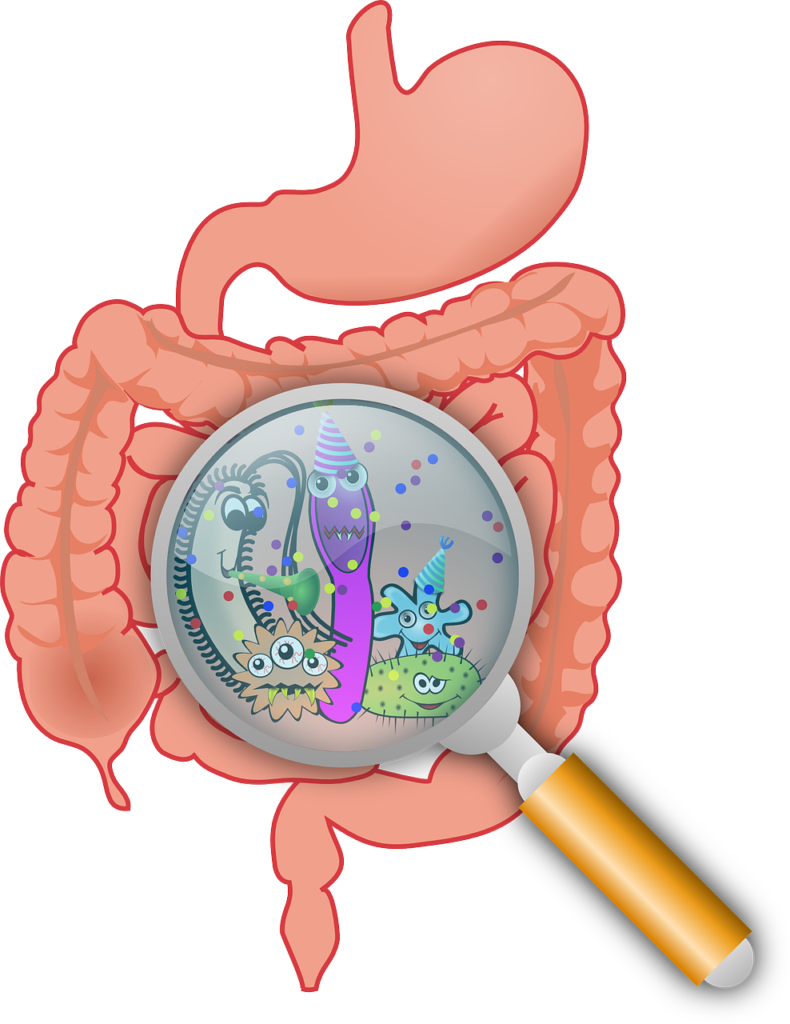
Travelers frequently encounter gastrointestinal issues abroad due to different intestinal bacteria and unfamiliar foods. Traveler’s diarrhea is common, causing cramps and watery stools. Carry anti-diarrheal medication and rehydrate with oral rehydration solution if it strikes. To prevent diarrhea, follow proper food/water safety guidelines.
Respiratory Illnesses
Variations in climate or altitude can bring respiratory illnesses like colds, flu and altitude sickness when traveling. Use face masks and sanitizer to stop germ spread. Altitude sickness may affect travelers rapidly ascending over 8,000 feet, presenting as headaches, nausea or fatigue. Descend immediately if severe or with vomiting.
Skin, Eye, and Ear Infections
Spending time in different environments raises risks of skin, eye and ear infections. To prevent fungal infections, keep skin dry and wear breathable fabrics. Use swim caps and dry ears after swimming to avoid painful “swimmer’s ear.” Bring generic anti-fungal medication and antibiotic ear drops as needed.
Animal and Insect Bites/Stings
Animal or insect bites and stings sometimes occur despite precautions. Symptoms depend on the bite but include pain, swelling or fever. Treat minor ones with antibiotic creams. Seek prompt medical care for severe reactions, infections or bites from dangerous animals in remote areas.
Heat-Related Illnesses
Travel takes you to new climates where heat-related illnesses lurk. Drink plenty of water to avoid heat exhaustion, a mild condition with headache, nausea and fainting. Heat stroke is life-threatening with a high fever—call emergency services immediately. Take frequent breaks in air conditioning.
Other Issues like Jet lag, DVT, etc.
Jet lag and minor conditions like deep vein thrombosis may also impact travelers. Manage jet lag by gradually adjusting your sleep schedule pre/post-flight. Get up and walk frequently on long flights to prevent potentially dangerous blood clots in your legs.
Emergency Preparedness
Emergency Contact Information
Being prepared for emergencies is crucial when traveling abroad. Create digital and physical copies of important documents like your passport, insurance cards and medical records. Provide emergency contacts at home with your itinerary and travel dates. Save embassy contact info on your phone too.
First Aid Kit Contents
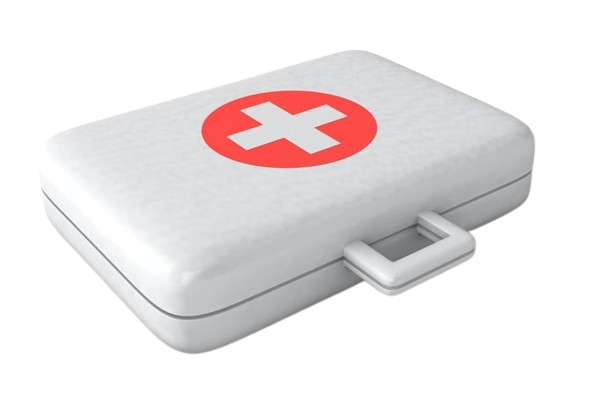
A well-stocked first aid kit is essential for addressing minor issues and stabilizing major ones before advanced care. Include pain/fever reducers, anti-diarrheal medication, bandages, gauze, antibacterial ointment, scissors, safety pins, a snakebite kit and more. Check kit contents regularly and re-pack medications in your carry-on before international travel.
Accessing Emergency Healthcare Abroad
Understand options for emergency healthcare where you’re going. Major cities have urgent care clinics and hospitals, but rural areas may necessitate medical evacuation. Most travel insurance covers medical expenses abroad but check exact policies. Opt for a plan including evacuation for remote area travel or activities like mountain biking.
Evacuation Insurance Details
Evacuation coverage details are important in case of serious injury or illness. Verify if your plan uses an assistance company with global infrastructure. They can locate facilities, transport and communicate with families. Regulations around air ambulances vary, so understand coverage limits.
Safety Resources for Destinations
Research potential health risks at your destination. Government websites offer travel advisories and security info. Sign up for alerts through the Smart Traveler Enrollment Program (STEP). Learn basic safety phrases in local languages too in case of emergencies. Program emergency numbers into your phone like 911 equivalents, fire, ambulance, and police.
With thorough emergency preparations, you can travel with greater peace of mind. Prompt treatment improves health outcomes globally. Taking basic precautions and planning for worst-case scenarios helps ensure any medical issues do not cut short your adventures.
FAQs for Survival Guide to Safe and Healthy Travel
How far in advance should I start preparing for travel?
It’s best to begin your travel health preparations 6-8 weeks before your trip date to allow time for vaccinations, research safety guidelines for your destination, purchase travel insurance, and more. Proper pre-travel planning is key.
What’s the most important thing to include in my first aid kit?
At a minimum, your kit should contain pain/fever reducers, anti-diarrheal medication, antibiotic ointment, bandages, gauze, and antiseptic wipes. These can help treat the most common travel health issues and injuries until you reach advanced medical care.
What can I do to prevent jet lag?
Some tips are to adjust your sleep schedule a few days before/after travel, stay hydrated, avoid heavy foods/alcohol on planes, walk around the cabin to prevent blood clots and expose yourself to outdoor light at your destination as soon as possible.
How do I stay protected from insect bites and animal encounters?
Use an insect repellent containing DEET or picaridin, wear light-colored clothing and closed shoes, and check your body regularly. Be aware of wild animals and keep a safe distance if possible. Seek prompt medical help if bitten.
What should my travel health insurance cover?
As a minimum, look for a plan that covers medical expenses, emergency medical evacuation, trip cancellation/interruption, and lost baggage. Consider buying a more robust plan if visiting remote areas or doing extreme activities.
Conclusion
In this guide, we covered the essentials for maintaining safety and health no matter your travels. From pre-travel planning like vaccinations and insurance to daily precautions abroad regarding food, water, sun and insects, to common issues and emergency readiness – comprehensive preparation is key.
By understanding potential risks, recommending proven protective measures and having an action plan for any health situations, this survival manual aims to equip you to stay well during adventures. Proper planning ensures peace of mind to fully enjoy new cultures without undue worry.
While this covers many scenarios, it’s always wise to consult your medical provider. They can best advise for your specific needs based on destinations, activities, medical history, and other important details.
Following expert guidance paired with the strategies discussed here gives travelers the strongest chance of healthy returns from any journey. Above all else, remember that maintaining both physical and mental wellness should be a top priority during travels. So invest the time up front for proper planning and always keep safety and emergency preparedness top of mind no matter how far you roam. Wishing you safe and happy travels.
